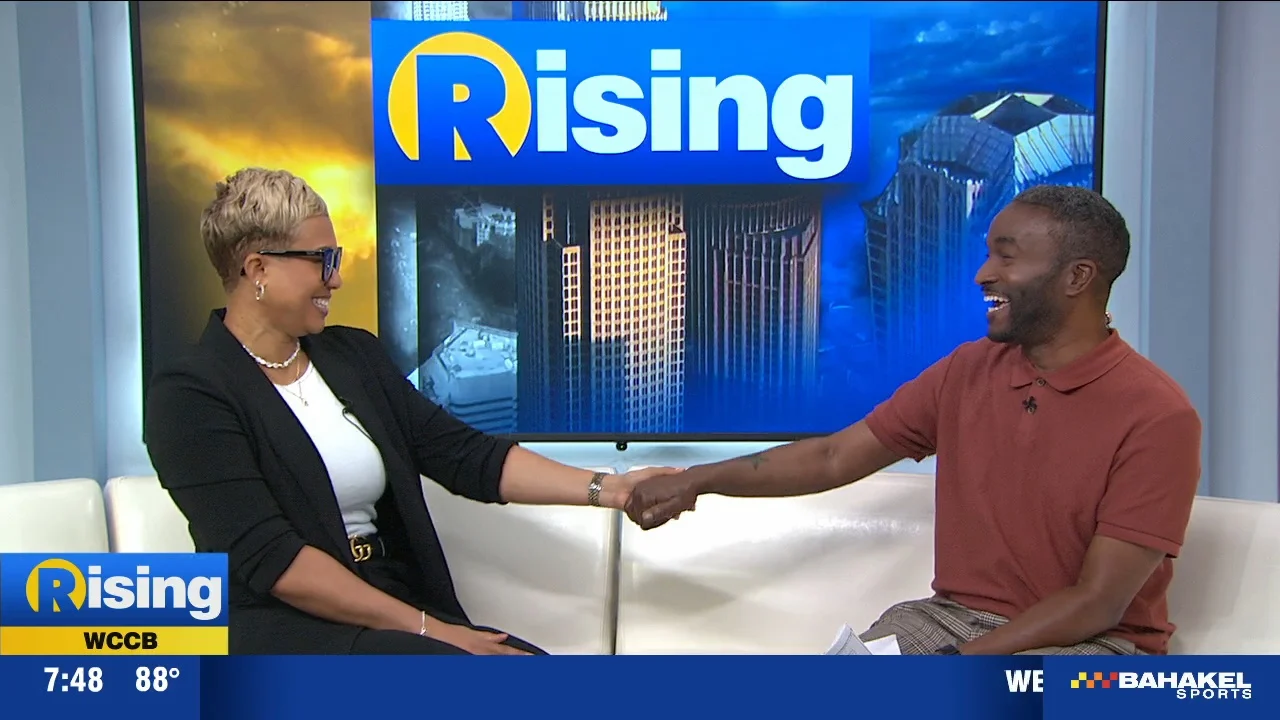Recent reports reveal a troubling trend in youth mental health across the United States. The Centers for Disease Control and Prevention (CDC) reported that nearly 40% of high school students experienced persistent feelings of sadness or hopelessness in 2023, while 20% seriously considered suicide. These statistics highlight an urgent youth mental health crisis, worsened by the pressures of academic expectations, social media, and the aftermath of the COVID-19 pandemic.
The pandemic has exacerbated pre-existing mental health issues among young people. Emergency room visits for suicide attempts among adolescent girls surged during this period compared to previous years. Vulnerable groups, including girls, LGBTQ+ youth, and Black students, faced the most significant challenges. Schools have emerged as critical environments where the first signs of anxiety and depression appear, yet these institutions often lack sufficient resources to address these issues effectively. Teachers and school staff are frequently overwhelmed, and many students do not receive the support they need.
Social workers have stepped up to fill this gap, providing essential support to students facing mental health challenges. They are trained in biopsychosocial assessments, which consider biological, psychological, and social factors impacting a person’s well-being. Their expertise is crucial in creating coordinated care systems that link schools, healthcare providers, and community resources, ensuring that young people receive comprehensive support.
In Bay Area schools, for example, requests for mental health services increased by 60% during the pandemic, prompting the allocation of resources toward employing more social workers. These professionals directly engage with students experiencing anxiety and depression, helping them navigate their challenges and fostering resilience.
Social media also plays a significant role in the mental health crisis. Research indicates that increased social media usage correlates with higher rates of anxiety and depression among teens. A recent study from Cambridge found that UK teens with anxiety and depression often compare themselves negatively to others online, leading to feelings of inadequacy. This digital pressure compounds the struggles that many young people face.
As lawsuits against social media companies like Meta and TikTok increase, alleging that their platforms contribute to youth addiction and mental health deterioration, social workers are also addressing the impact of digital stressors. They help teens learn how to manage their online presence and promote healthier interactions with technology, which can mitigate some of the negative effects.
To effectively tackle these issues, social workers typically require a master’s degree in social work (MSW) and must pass a licensing exam, which includes supervised clinical experience. Advanced standing programs, like the one offered at the University of the Pacific, allow those with a bachelor’s degree in social work to complete their master’s in one year, focusing on skills essential for working with youth in crisis.
Schools are increasingly recognizing the importance of social workers, hiring them to train educators on how to identify warning signs of mental health issues and refer students and families to necessary resources. However, critics argue that while social workers are essential, they cannot resolve systemic issues alone. Collaboration with healthcare providers and policymakers is crucial for creating sustainable solutions to the youth mental health crisis.
Parents can also play a role in identifying mental health crises in their children. Signs to watch for include persistent changes in behavior, significant sleep disturbances, withdrawal from activities, and declining academic performance. While typical teenage mood swings are common, signs of severe irritability, self-harm thoughts, or substance use warrant immediate professional attention.
Limiting screen time can also help improve teens’ mental health, with recommendations for co-viewing educational content and establishing tech-free zones during family meals. Apps designed to promote mindful usage of technology can reduce negative comparisons and enhance self-esteem.
In summary, the youth mental health crisis in the U.S. requires immediate attention and comprehensive strategies. Social workers are critical in providing the support that young people need during these challenging times, and collaboration between various sectors will be essential for effective intervention.



